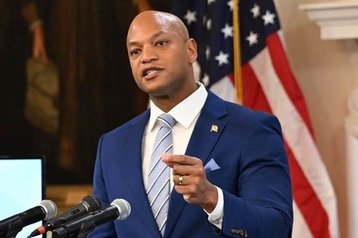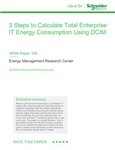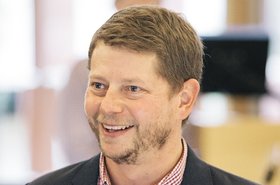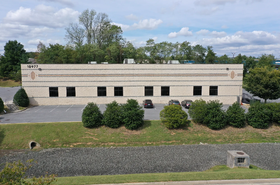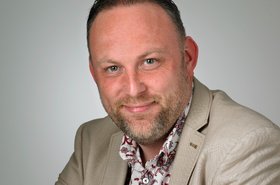The Maryland state administration has proposed a bill that would enable data center proposals at sites such as Quantum Loophole to specify large numbers of diesel generators for backup.
The Critical Infrastructure Streamlining Act (Senate Bill 474), proposed by State Governor Wes Moore, will reclassify backup generators.
It comes three months after Aligned Data Centers pulled out of a plan to build 264MW of hyperscale capacity on the Quantum Loophole campus in Maryland because of difficulties getting permits to build all the diesel generators it wanted to.
The Quantum Loophole campus is less than 25 miles from Ashburn, across the state border in Virginia, where the world's largest data center hub is running out of space and power. The site, at a former Alcoa aluminum smelting plant near Adamstown in Frederick County, promises to offer space and room for large amounts of data center capacity.
Quantum Loophole's first tenant, Aligned Data Centers, wanted to build 168 diesel generators capable of delivering 504MW for its full build on the site. In October, Maryland's Public Services Commission (PSC) refused to give those diesels an exemption from its full permitting process.
After negotiations, Aligned pulled out. A second data center builder, Rowan Green Data, announced plans to develop another part of the campus but was potentially facing the same problem, as it planned to use diesel generator backup.
Back in October, Moore promised that the state legislature would address the data center industry’s needs and "ensure the industry has a bright future in Maryland,” the Frederick News Post reported.
Under existing state law, backup generators below 2MW are generally allowed, while any installation bigger than 2MW is classified as a "generating station" and has to be granted a Certificate of Public Convenience and Necessity (CPCN).
Aligned wanted its generators to be treated individually, and to get an exemption from the CPCN process, but the PSC rejected that. The company pulled out after a hearing in which the PSC granted it a provisional exemption for up to 70MW of diesel generators.
The proposed bill, introduced this week, would redefine a “generating station” to exclude backup generators of any size, so data centers and similar businesses would not have to go through the lengthy delays of the full CPCN process.
Quantum Loophole's VP of sales, Rich Paul-Hus, welcomed the bill in a statement sent to DCD: 'This legislation helps distinguish important differences between private backup generators and public utility generating stations in the state of Maryland. We support this legislation because if approved, it has the potential to further support various industries throughout the state that utilize backup generators such as healthcare, hospitality, manufacturing, and data centers."
Maryland had previously passed tax breaks to incentivize data centers, and State Sen. William Folden sponsored the bill, saying it would resolve a conflict emerging with this policy.
“[Moore] wants to attract these facilities across the state,” said on Tuesday in an interview. “We’re right across the river from Northern Virginia.”
Dan Welch of Aeolus, a permitting consultant in California, commented: "The proposed legislation makes sense because the emergency generators are not connected to the grid and can not be used for self-directed prime power generation.
"What this legislation means is that data center development would be outside the purview of PSC," he said, although it would still be subject to air permits from the State of Maryland.
He commented that Maryland's proposal makes more sense than California's rules, under which large data operators are "appalled that they are subject to permitting with the California Energy Commission even though they do not export power to the grid."
A debate on the Maryland bill has not yet been scheduled.
Aligned declined to comment on the proposed bill. DCD also reached out to Quantum Loophole.

